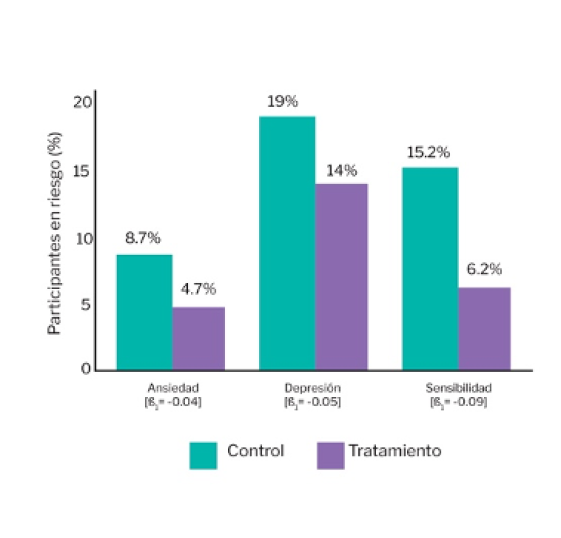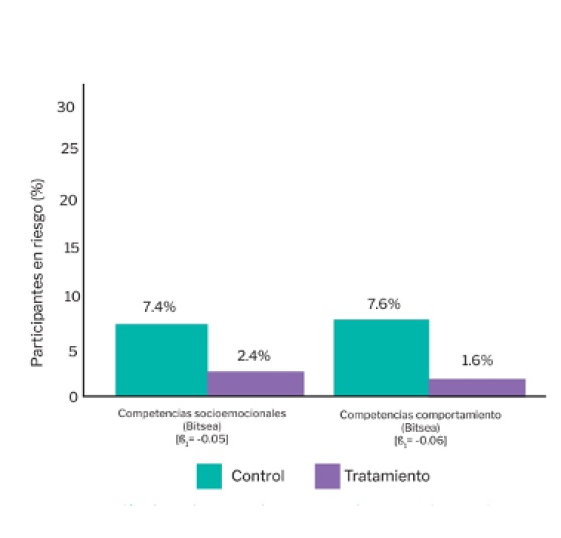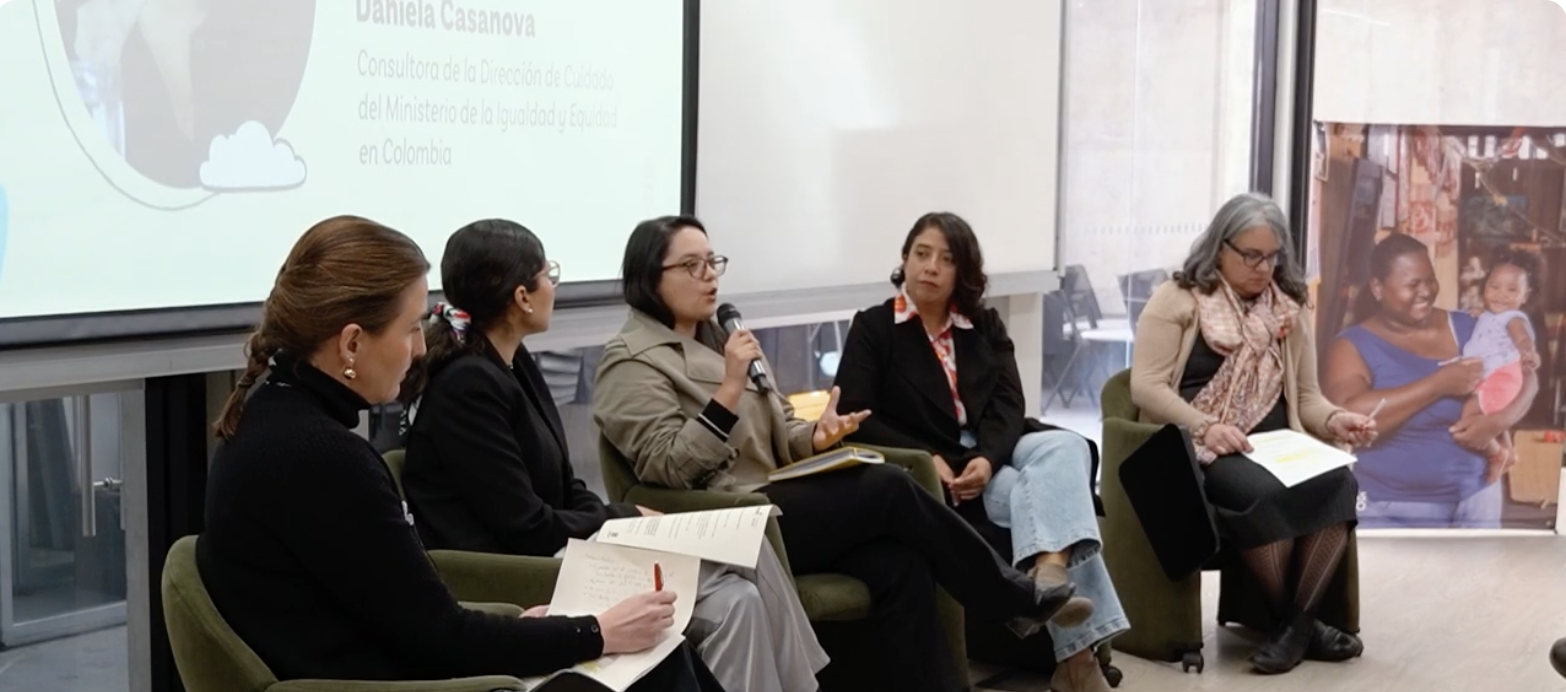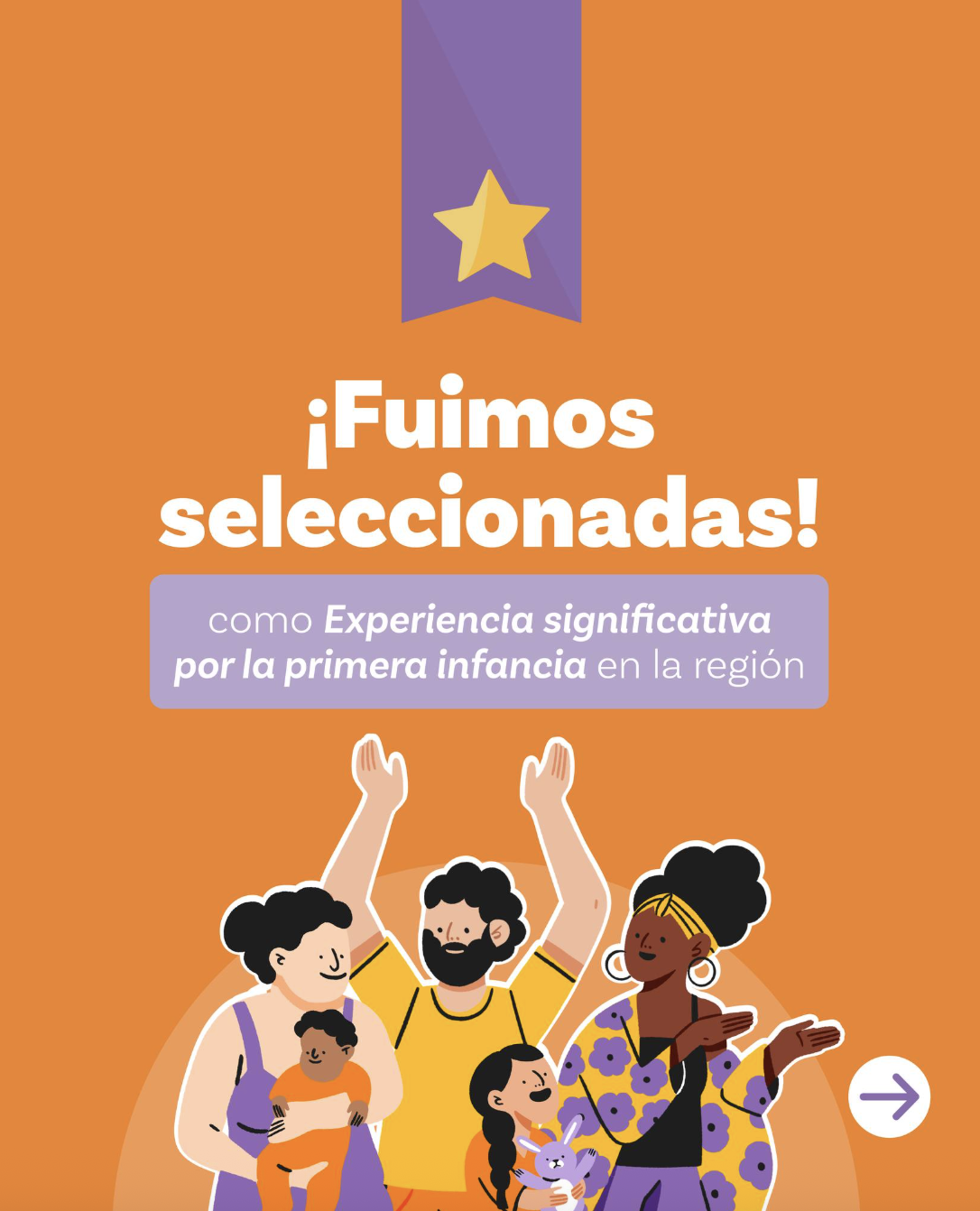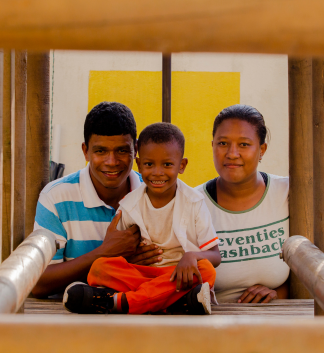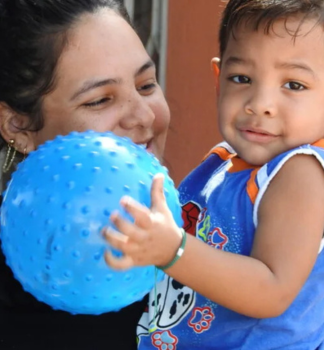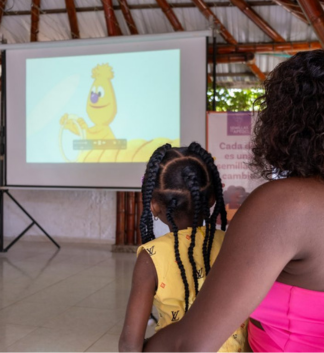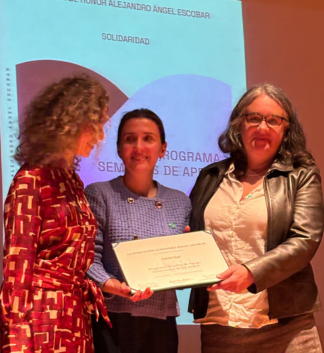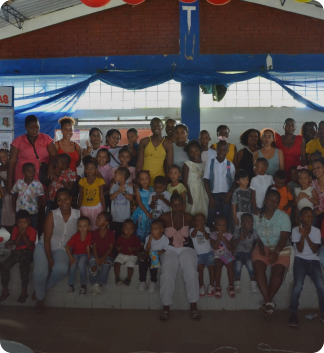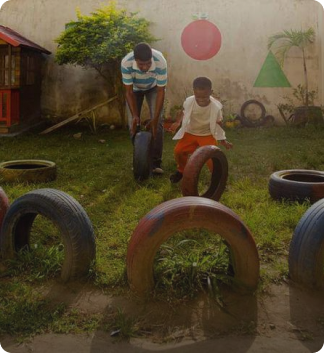Between 2018 and 2020, a randomized control trial of the model was conducted in Tumaco, one of the municipalities most affected by violence in Colombia. The evaluation consisted of 1,370 primary caregivers of children aged 0 to 5. Baseline data from the evaluation highlight the disadvantaged profiles of the participants, with 82 percent being directly victimized by violence, 57 percent forcefully displaced, and only 9 percent having formal employment.
For the impact evaluation, we conducted a randomized controlled trial, dividing the CDIs into a treatment group and a control group equally. The Semillas de Apego program was included as an additional offering at the treatment group centers for mothers, fathers, or primary caregivers, in addition to the CDI’s regular services and programs. At the control group centers, the individuals continued to receive CDI programs and services but were not given the chance to participate in Semillas de Apego.
The outcome evaluation showed that the program had significant and substantial effects on caregiver mental health.
We observed reductions in the incidence of problems related to:
maternal mental health,
child mental health,
and child socioemotional abilities.
In this phase, United Way Colombia partnered with us strategically, and we received financial backing from the Saving Brains research grant awarded by Grand Challenges Canada, Fundación Éxito, Femsa Foundation, The Coca-Cola Company, and Primero Lo Primero.
The program generated a decrease in the prevalence of mental health issues among participants, as well as in children.
Additionally, there was a reduction in the incidence of socio-emotional problems in children.
40%
presented risk levels in his mental health
82%
had been a direct victim of violence
13%
was formally employed
87%
were mothers of children in the study
The program generated reductions in:
In this phase we have the support of United Way Colombia project as a strategic partner and we have funding from Saving Brains of Grand Challenges Canada, Fundación Éxito, Fundación Femsa, The Coca-Cola Company and Primero Lo Primero.

